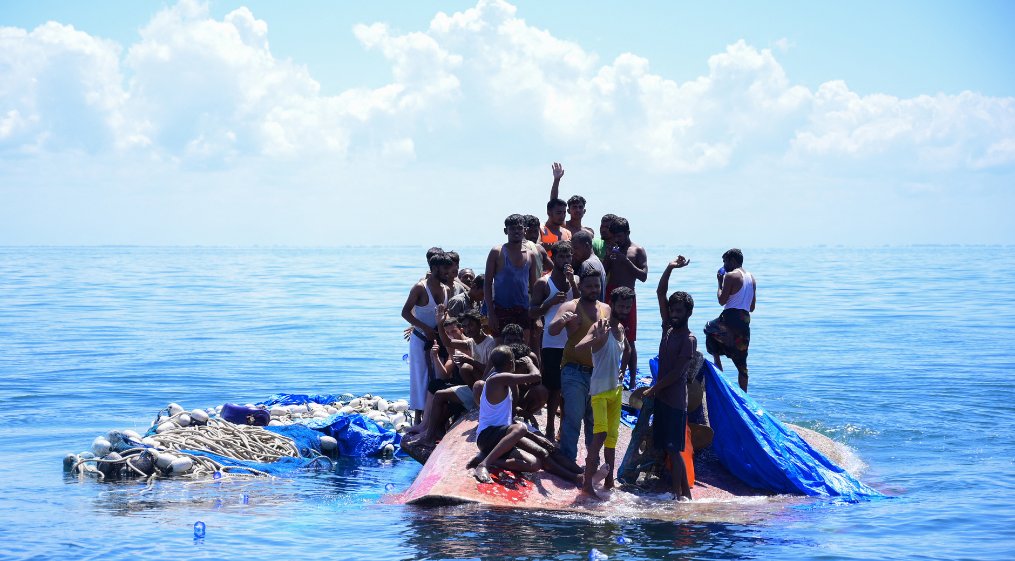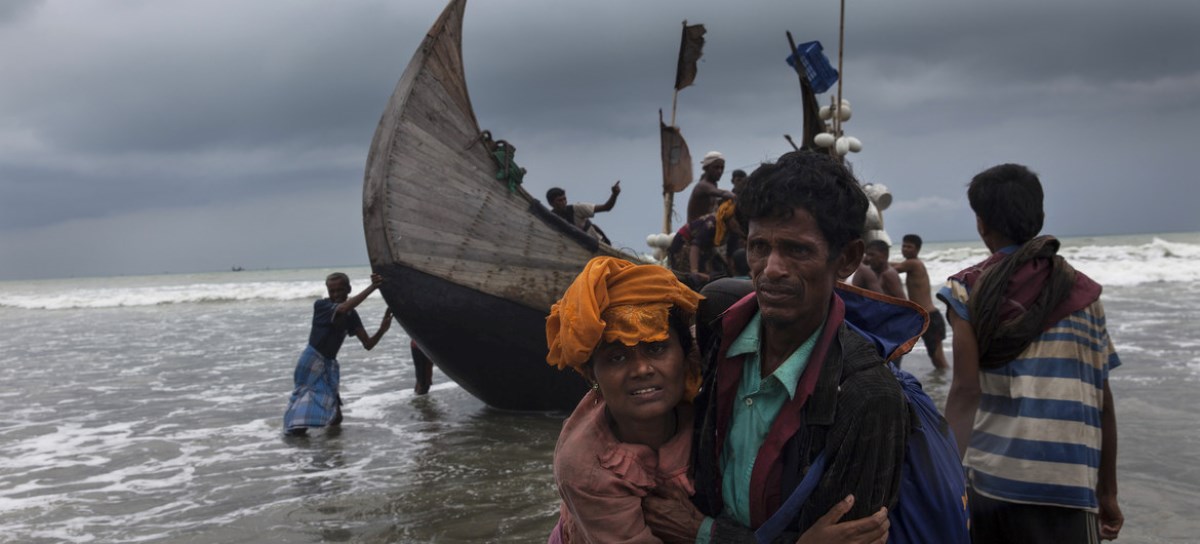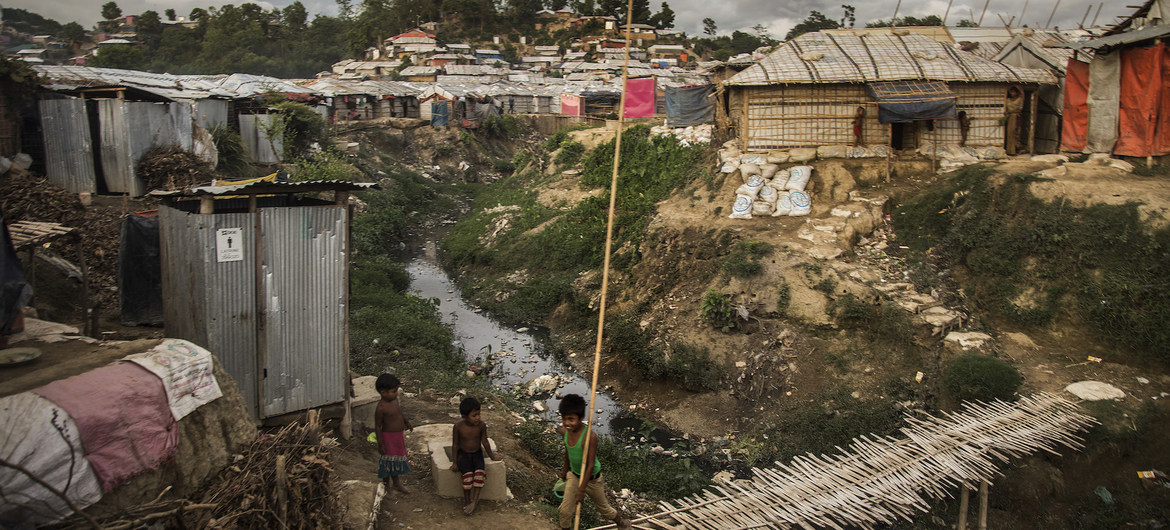The issue of Rohingya refugees in India has sparked significant debate, with the Government asserting that their presence poses serious national security concerns. The latest development in this saga, where the Centre has conveyed its stance to the Supreme Court, underscores the complexities surrounding refugee acceptance and the delicate balance between humanitarianism and national security
 KRC TIMES Desk
KRC TIMES Desk

The issue of Rohingya refugees in India has sparked significant debate, with the Government asserting that their presence poses serious national security concerns. The latest development in this saga, where the Centre has conveyed its stance to the Supreme Court, underscores the complexities surrounding refugee acceptance and the delicate balance between humanitarianism and national security. India, as reiterated by the Centre, is not a signatory to the 1951 Refugee Convention or its 1967 Protocol. Consequently, the decision to recognise any class of persons as refugees falls within the realm of pure policy decision-making. This legal backdrop sets the stage for understanding the Government’s perspective on the Rohingya crisis. The Centre’s affidavit emphasises that the country’s resources are finite, and as a developing nation with the world’s largest population, priorities must be accorded to its citizens. The argument against a blanket acceptance of foreigners as refugees, particularly those who have entered the country illegally, hinges on the need to safeguard national interests and security. The affidavit draws attention to the porous nature of India’s borders, highlighting the vulnerability to cross-border infiltration and the potential security threats emanating from unchecked immigration. With unfenced borders with neighbouring countries like Nepal, Bhutan, Bangladesh, and Myanmar, coupled with easily navigable sea routes with Pakistan and Sri Lanka, India faces a continuous threat of illegal migration.
Central to the Government’s stance is the assertion that the issue transcends mere legal considerations; it involves complex geopolitical dynamics and the interplay of various factors, such as social, economic, and cultural, along with national security imperatives. The decision regarding the grant of any immigration status is intricately linked with foreign relations and necessitates a nuanced approach.
The Rohingya migration issue, upon closer examination, reveals complexities that extend beyond typical refugee scenarios. Security agencies, including the NIA, have conducted raids across the country to dismantle ongoing human trafficking networks run by Rohingyas. Reports indicate that girls are trafficked across porous borders and subsequently married off to locals after significant financial transactions, allowing the traffickers to gain legal status. Moreover, Rohingyas have been found involved in various criminal activities, posing a threat to local law and order. In some instances, they have even established colonies near army installations, raising serious security implications.
Given these developments, the Government’s affidavit submitted to the Supreme Court appears justified. It underscores the urgency for decisive action, with no room for compromise on national security. Legally, their presence in the country is deemed untenable, and the Government must maintain vigilance over their movements until the court issues a final directive. Protecting the nation’s security is paramount, and the deportation of Rohingyas is deemed essential for safeguarding it. The Government’s firm stance on Rohingya deportation aligns with the nation’s best interests. It is a matter of time before deportation becomes the only viable solution. The Centre’s resolute position signifies a necessary step towards ensuring national security and stability.
In navigating this complex terrain, it is imperative to adopt a holistic approach that takes into account both security concerns and humanitarian considerations. However, it is clear that addressing the issues of statelessness, discrimination, and persecution faced by the Rohingya community in their home country is not solely India’s problem; the whole world has to look into the matter and look for root causes and their resolution in their homeland itself.






